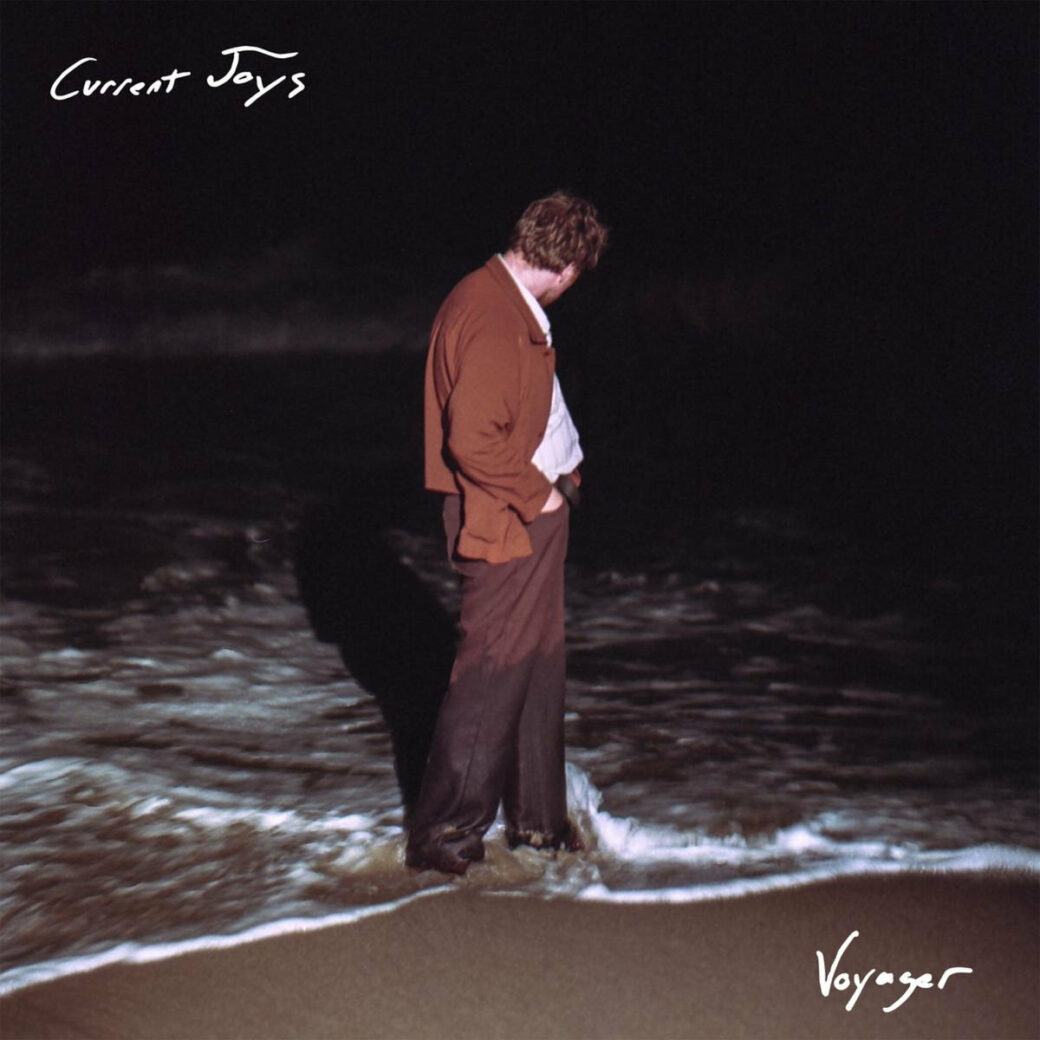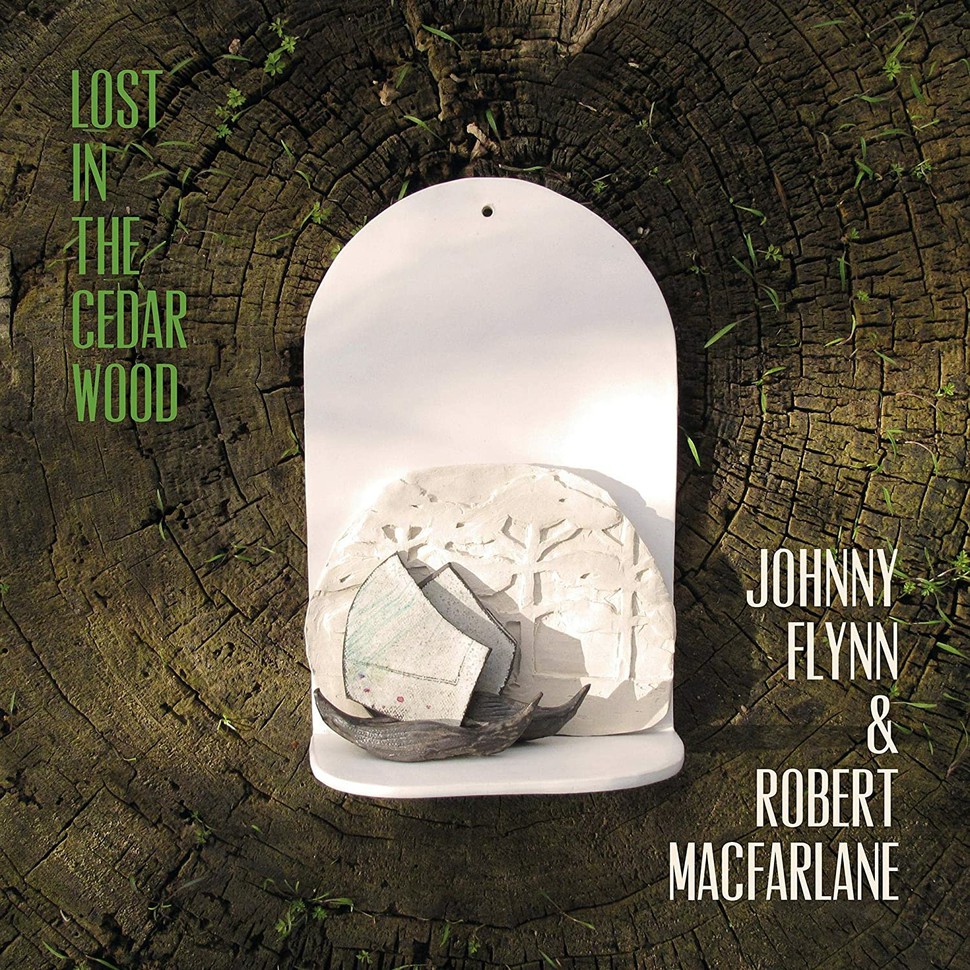St. Vincent – ‘Daddy’s Home’
 Sounds like … a distorted and warm evolution of 70s sound.
Sounds like … a distorted and warm evolution of 70s sound.
Though promising a more personal narrative through its title, Daddy’s Home stays universal and nostalgic in nature. Prompted by the release of Annie Clark’s father from prison, but not centring around it, this record honours and mocks an era and extends St. Vincent’s repertoire of characters with a ‘benzo beauty queen’. By re-imagining an established sound, after her past albums embraced futuristic imagery, St. Vincent proves again that her sense for production, delivery and exceptional lyricism are not bound by but excelling through concept.
Pay Your Way In Pain, the first single, strikes as the most-upbeat and stirring number of the record. Followed by the title track rolling in with I signed autographs in the visitation room waiting for you the last time, inmate 502 which must be one of the more bizarre situations in Clark’s life. She goes on to describe the experience of bearing the suffering of the people you love – You did some time, I did some time too. Moving on to a brighter atmosphere, 70s trademark of electronic sitar leads the way to NYC downtown life with Down and Under – a preferred setting not only on this record but in St. Vincent’s discography, here it reoccurs on Somebody Like Me and Candy Darling. Stand-out songs are Melting Sun and The Laughing Man – the first paying homage to women that have turned their greatest pain into their greatest works – Tori Amos, Joni Mitchell and Nina Simone and the latter bathing in losing a loved one to death – If life’s a joke, I’m dying laughing. These two tracks feel most intimate and rise above the glamour(isation) of the past. Daddy’s Home carries all the characteristics we love about St.Vincent, it executes them as well as we have been spoiled to hear each time but there is a sense that there is more under the premise’s surface. (Anna-Katharina Stich)
Stream It: ► Spotify / ► Apple Music / ► Bandcamp
Current Joys – ‘Voyager’
 Sounds like … La la land rewritten with a score by Elliott Smith, starring Bill Murray
Sounds like … La la land rewritten with a score by Elliott Smith, starring Bill Murray
Nick Rattigan is an enigma. Not so much because he’s totally under the radar by now. His prolific output managed to even gather European attention at this point. But because you never know how much of the intimacy displayed in his music is actually character or plain truth. In that, he is up there with the great American tricksters of our age, with the only difference that his music until recently still sounded as if he was operating out of a trailer. With Voyager, Rattigan, for the first time, broke the usual yearly releasing habit of his sole project Current Joys and took his time to process the songs, add details, play various instruments himself, allow himself to actually produce a record. With all its benefits and risks. And it shows. The charm of his cinematic lo-fi approach is still there but Voyager might convince even more people of how good a songwriter he really is. More so, Current Joys develops into a wider cinematic storytelling universe by the means of songwriting.
One could start by analysing Rattigan’s acting performance in lead single American Honey’s video: Current Joys as a whole is designed to cite great movie traditions from Hitchcock, Malick and Varda to Tarkovsky as the official promotional texts would like us to know. But there are also very simple and contemporary cinematic elements in Rattigan’s appearance like the laughter of Joaquin Phoenix’ Joker. These broader artistic contexts just exemplify that with Current Joys, as a project, Rattigan is very aware of his dramatic potentials. Maybe exactly because he himself is openly suffering from anxiety and the natural limitations that come with it as a man in the public showsphere. In terms of the music, Voyager displays him at his very best. Something Real drags Julian Casablancas vocals into his own, still quite lo-fi, stylistic cosmos. Money Making Machine does the same with Brandon Flowers. Nick Cave’s spirit appears in form of the gut-wrenching cover of Shivers, a very early The Birthday Party-song (back when they were called Boys Next Door) and Calypso even dares to play around with some The Cure-guitar lines. It all comes in a package of highly intimate songs in which Rattigan is very much present just as much as he is hiding away from our sight. It feels as if he is compulsively trying to entertain himself just as much as audiences for the simple need of distraction – play me something sad but just happy enough to dance. Voyager displays the stubborn need, will and capability of putting every great story ever told and engrained within us into action. And as such it is a highlight of sensitive escapism. (Henning Grabow)
Stream It: ► Spotify / ► Apple Music / ► Bandcamp
Fatima Al Qadiri – ‘Medieval Femme’
 Sounds like … the soundtrack to a journey from medieval times to the future.
Sounds like … the soundtrack to a journey from medieval times to the future.
Listening to Fatima Al Qadiri’s latest release might invoke a familiar feeling. Medieval Femme follows the artist and producer’s work with director Mati Diop for whose film Atlantics Al Qadiri composed the soundtrack. The surreal and otherworldly vibe of the film echoes on in the record. Drawing on poetry from Arab women from the 7th to the 13th century, the musician builds a bridge between the past and the future. From the first note of the title track the mood is set – a somewhat gloomy vision of an unknown future, entangled in desire and depression, inspired by early-pandemic anxiety the artist suffered from.
The true mastery of Fatima Al Qadiri is the way the artist manages to work traditional sounding instruments like lutes and the harp-like Tanbura into the web of inherently electronic music. Embedded in layers of distorted synthesizers and vocal echoes reverbed to the state of not being recognizable as such anymore, the use of traditional instruments provides a grounding element. The contrast between the two especially comes out on the last two songs. Malaak being a doomy and dark almost psychedelic piece of electronic music with recited Arabic words, and the closing song Zandaq conjuring a completely different idyllic atmosphere with playful flute melodies and even chirping birds. Medieval Femme is a complex album. One that needs multiple listens but even from the first stroke of electronics, Fatima Al Qadiri manages to evoke images in the listener’s mind conveying aesthetics and telling entire storylines through the arrangements. (Liv Toerkell)
Stream It: ► Spotify / ► Apple Music / ► Bandcamp
Damien Jurado – ‘The Monster Who Hated Pennsylvania’
 Sounds like … a familiar but in-depth, further exploration of this quite different folk cosmos
Sounds like … a familiar but in-depth, further exploration of this quite different folk cosmos
Here’s to Helena, Tom and Langston Birch. Let’s hear it for Johnny Caravella, Joan and Jennifer. Who? Well, let’s give Damien Jurado that: It’s hard to find new titles for your songs if you put an album out every six months. In general the prolific songwriter has decided to design his musical output in recent years more as a constant journal that the occasional albums give us a peak into. So it’s actually not important whoever Jurado writes his songs about. It’s just him reminding us that he’s out there observing, writing, collecting. “Hello from the room where I’m selling my clothes”, he whispers in his distinctive voice at the beginning of these 10 new tracks, adding up to half an hour of new material. This all sounds very slick you say? Well, wait a minute. Actually Damien Jurado managed to create a constant output of the kind of American stream of consciousness in which people like Mark Kozelek just ended up being self-obsessed. Contrary to that, like the mighty Father John Misty once pointed out in his essay about him, Jurado created his own religion by now, presenting his music the way a preacher of the old days did: You can go to church every Sunday and be mildly entertained most of the time, sometimes bored. But if you miss out one sermon, you might also miss out on something very touching and beautiful.
To cut things short: On The Monster Who Hated Pennsylvania the song Johnny Caravella is that beautiful moment. A song even Jurado barely writes and that builds up into a cacophony of unrelentless emotional survey. “Say then my friends are you tired of the pain? is the weight of your ego the knife in your veins?”, he clamours, culminating in a maybe lesser iconic but more true and painful “Go West!”. But also apart from this massive center piece, Jurado presents on this new record his typical silent, gentle, funny but also stern observations of humankind. Often just accompanied by his guitar, here and there enriched by drums, synths etc. One might say that for the most parts we’ve all heard that before from him. But that’s not the point. Listen closely and you’ll see that there is always something new within lyrics, rhythm and melody – the Holy Trinity of songwriting. And to do that, plus surprising us with one of the best songs Jurado ever wrote, is both an accomplishment and absolutely masterful. At this point it’s even not that important if there is promotion or literate reception of his music. It just is there. (Henning Grabow)
Stream It: ► Spotify / ► Apple Music
Johnny Flynn & Robert Macfarlane – ‘Lost In the Cedar Wood’
 Sounds like … folk delights of the traditional kind.
Sounds like … folk delights of the traditional kind.
Remember the times when isolation was a thing all these artist nerds used to do voluntarily to cook up new sounds, nourishing the romanticised narrative of the genius in deliberate confinement? Like it or not, we have entered the age of lockdown records – and although it seems the Covid pandemic is getting more and more under control, creating from home has become the new mantra of the 2020s. These are, unsurprisingly, also the circumstances Johnny Flynn’s new record Lost In The Cedar Wood, for which he teamed up with bestselling writer Robert Macfarlane. Created between March 2020 and this year’s February, the songs were built through shared notebook pages, voice recordings and WhatsApp messages, exchanged from one to another. The result is one of the finer results of forced creative isolation for sure, for it breathes the essence of the Flynn-esque spirit and will likely attract admirers and explorers alike.
Ever since his poetic breakthrough with 2008’s A Larum, anticipating the triumphant sound Mumford and Sons would soon after blast out, Johnny Flynn never shied away from interpreting his idea of modern day folk sound in ways that might raise spirits of worlds seemingly sunken in the waves of the past. Lost In The Cedar Wood picks up that thread, as it takes a lot of its inspiration from the epic poem The Epic Of Gilgamesh, the earliest surviving notable piece of literature. It all then begins with a real blast, and that goes by the title of Ten Degrees Of Strange: Typically rugged and raw from a sonic perspective, this is an upbeat ode to conquer feelings of sorrow (“So I run ’cause I must leave that dog in the dust / Gonna run like a river right down to the sea”). With a fighting spirit hard to resist and a groove that won’t quit, this opener is a real spectacle, and it comes with a visualiser that would make even Van Gogh jealous. Well, probably.
The journey remains epic, in the sense of the duo digging into heroic terrain. The World To Come is a more solemn piece, while Gods And Monsters is a jangling quest “about what it means to tell a story without ending”, balancing between folk balladry and actual poetry. To find instances of beauty among the surrounding bleakness remains a topos, however, and the following Bonedigger, a jaunty bounce (which might just have contributed to a movie like the Coen Brothers’ O Brother Where Art Thou?, if you ask me) fittingly highlights that dichotomy. Flood In The Desert keeps alive that merriment, as it heads into the caves of antique folklore. With Home And Dry and Ferryman, the last two tracks, the collaborative record reaches more solemn and meditative grounds. Especially the latter ballad is a haunting ode to hopeful prospects and is thus a soothing end note to the record, utterly poetic, unearthing the archaic desire of being grounded in a hope beyond your own limited skies: “Ferryman, Ferryman / Carry my memory home / Out to the island / On the horizon / Following the path of the sun”. (Andreas Peters)
Stream It ► Spotify / ► Apple Music


